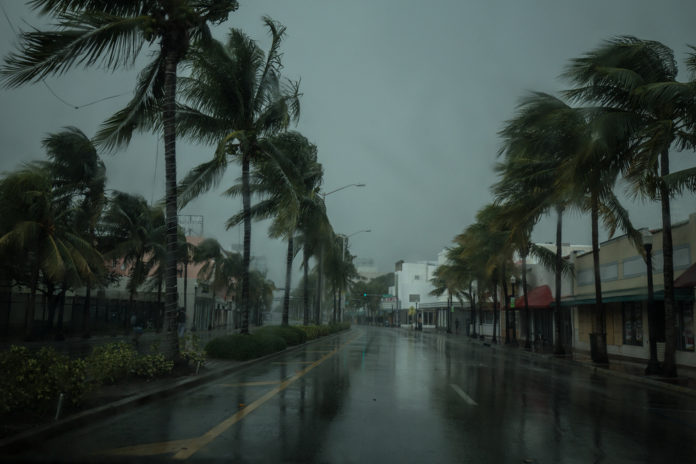Of the many considerations taken into account when planning for the recent natural disasters, the wellbeing of those struggling with a substance addiction presents some unusual challenges for local authorities.
Relapse and overdose rates can rise due to stressful weather events like Hurricane Irma, and the subsequent loss vital resources can cause problems for those who have already begun addiction recovery treatment.
In advance of Irma, special arrangements were made to accommodate the needs of those working through addiction recovery. In one instance, the state of Florida worked with federal authorities to grant local methadone clinics the discretion to provide clients with up to five days worth of medication. A concerted effort ensures that those who are already recovering from an addiction don’t experience a lapse in treatment that can lead to relapse or overdose.
The IDEA Exchange, the first needle exchange program in Florida, helped prepare people struggling with addiction for the upcoming natural disaster by providing those who rely on the program with a week’s supply of clean needles and an overdose reversal kit.
In February, the IDEA Exchange launched a comprehensive overdose prevention program, in which they trained participants to identify opioid overdoses and administer doses of naloxone. Naloxone, the opioid overdose-reversing medication, can prove to be an invaluable resource during a natural disaster when it may be more difficult for rescue crews to reach people who are overdosing.
Diminished access to paraphernalia may also lead some drug users to share needles with one another, increasing the risk of contracting a bloodborne pathogen.
People with substance use disorders may choose to avoid evacuating to remain near their dealers or supplies, which can place them in danger. Individuals who have entered recovery face the risk of missing doses of their medications, making it more likely for them to… (continue reading)
















